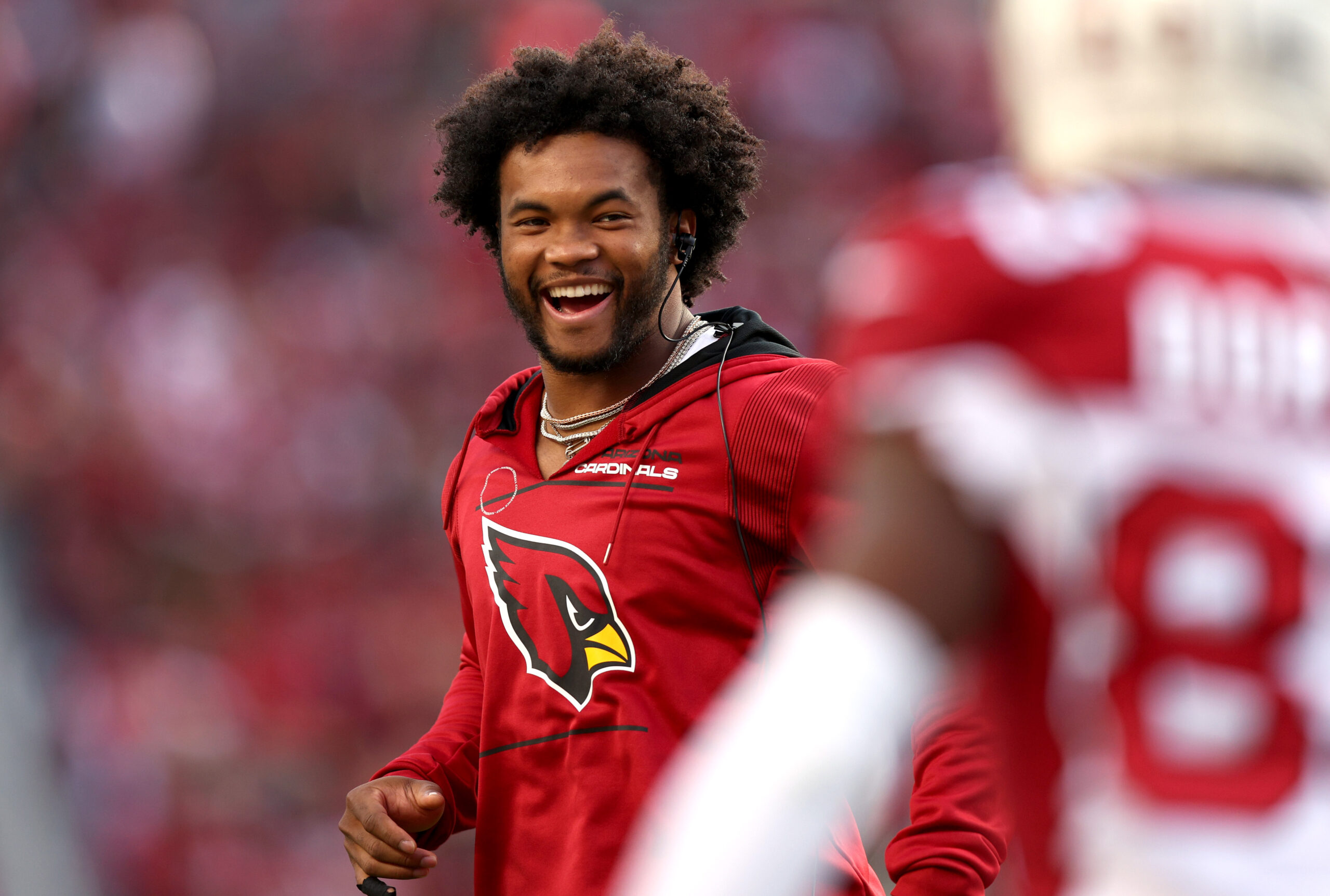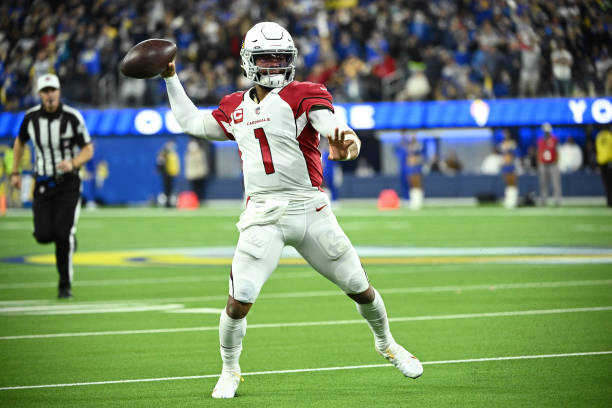DeAndre Hopkins will enter the NFL season on the sidelines as the future Hall of Fame receiver serves a six-game suspension for testing positive for a performance-enhancing substance, Ostarine.
Hopkins accepts that he had the substance in his body, but he says the NFL’s guidelines for punishment should be more flexible and take mitigating circumstances into account.
The suspension is reportedly due to 0.134% Ostarine being found in Hopkins’ blood while the allowed NFL threshold is 0.100%.
Hopkins says that it’s not a long shot for someone to unknowingly have small amounts of a banned substance in their bodies.
“I’ve never taken any of that kind of stuff,” Hopkins said, via ArizonaSports.com. “If you know about what it is, it can be in shampoo, it can be in a lot of different things. Obviously the NFL is very black and white, so of course, I wish the rule wasn’t so black and white. It is what it is. It’s hard to know when something gets contaminated at a trace amount when you’re not working at the manufacturing company.”
From the looks of things, Hopkins wants the NFL to take some blame in this matter, because of a testing system that he believes might be outdated and too rigid. He maintains the substance was a contaminant, not something he knowingly and willingly ingested to gain an advantage.
“It’s hard to know what you can eat, what you can do when you’re not in control of manufacturing anything or what goes through a conveyor belt, you know what I’m saying?” Hopkins said. “So, obviously, I do think that rules should change. But like I said, that stuff, it’ll work itself out, and I’ve never taken anything. I barely take vitamins.”
If Hopkins could do anything to get his suspension reduced it would be a huge boost for the Cardinals and quarterback Kyler Murray, whom the franchise just inked to a $230M deal.
Arizona’s season took a nosedive when Murray lost Hopkins due to injury. D Hop is probably the most important piece to that Cardinals offense after Murray, and together they make explosive music. Murray will have to survive the season’s first six games without his No. 1 weapon, which will give fans an early sample of how influential Murray can actually be as the high-priced signal-caller.
Murray undoubtedly has a huge chip on his shoulder in the aftermath of the study clause in his $40M per year contract that was and then wasn’t. Questions about the double standard when it comes to the Black NFL quarterback rose to the forefront of the conversation as Patrick Mahomes, Warren Moon and other Black NFL greats offered their two cents on the matter, until the Cardinals succumbed to the pressure and removed the clause from Murray’s contract.
Hopkins is looking for some vindication as well. The failed PED test has tarnished his image a bit and he doesn’t believe he was treated fairly in this matter. That’s very debatable because the NFLPA did agree on the guidelines. If anything, Hopkins has brought some attention to the NFL’s testing policies. The focus is often on making the guidelines more rigid to ensure a fair playing field. However, in Hopkins’ case, maybe there should be some wriggle room and the NFL should revisit how these guidelines are applied on a person-to-person basis.
Especially when an athlete of Hopkins’ caliber with no history of PED use swears that he’s never knowingly or willingly used any banned substances.


